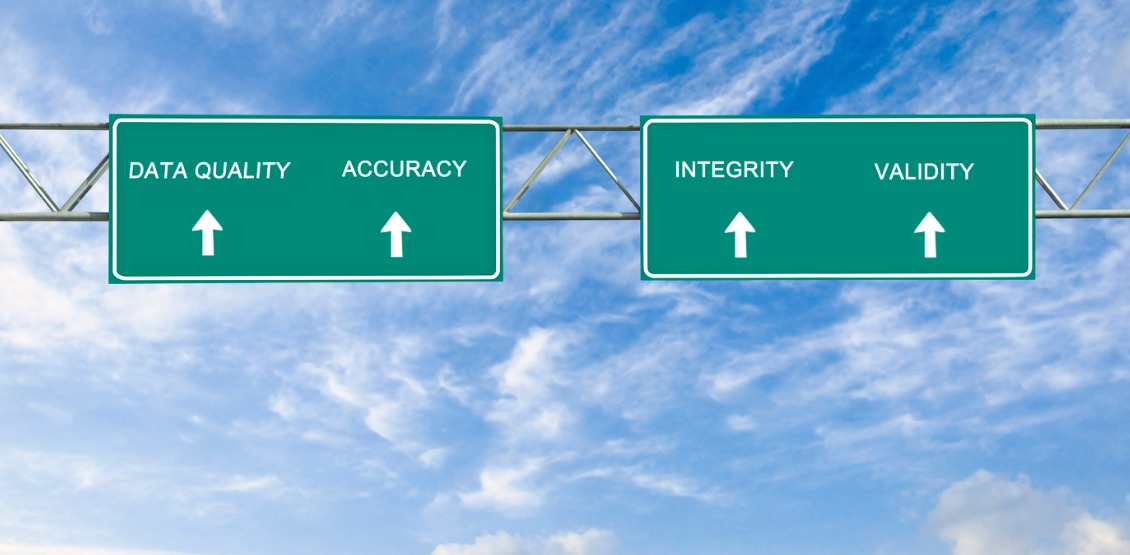An old Irish joke describes priests asking their superior if they could smoke while they prayed, only to be told, “Absolutely not!” So when a new superior arrived, they instead asked if they could pray while they smoked – and this time, the response was, “Of course!”
Language also makes a big difference when you are selling your management on new technology. Take our business of contact data quality, for example. Bad contact data is frustrating. Time consuming. It hurts the morale of people following leads and prospecting for sales. It annoys people you contact in error. But there is one reason for validating your data that towers over all the others: bad data costs your business a lot of money.
In this article, we’re going to look at some of the ways that bad data costs you – and more importantly, what you can do about it.
The hard costs of bad data
It is widely accepted in the industry that a high percentage of B-to-B contact data records have errors, and up to 25% or more of it changes every year due to moves, changes and other causes of data decay. This leads to hard costs that break down into three main areas:
Time: This article estimates that your sales and management teams spend nearly 50% of their time dealing with data quality issues, and cites figures showing losses of over 500 hours and $30,000 annually per salesperson.
Sales revenue: Another source cites SiriusDecisions figures showing that using best practices in data quality boost revenue by an amazing 66%, including a 25% increase in converting inquiries to qualified leads, a 12.5% increase in conversion to sales-accepted leads, and a higher close rate.
Compliance costs: For some firms, this can be one of the biggest costs of all. Data privacy regulations are getting stricter every year, often with stiff penalties for non-compliance. For example, if you contact people by phone or text and don’t pay attention to reassigned numbers, penalties for violations of the US Telephone Consumer Protection Act (TCPA) can run as high as $1500 per call, with some judgments running into hundreds of millions of dollars.
Note carefully that we’re not even talking about soft costs like employee morale, market reputation and damage to your brand from marketing to bad data. These costs are very real as well, but more difficult to quantify. But a growing body of market research shows that the tangible costs of poor data quality alone warrant the attention of the people in the corner offices.
Mitigating hard costs isn’t hard
Ultimately, the argument for automating contact data quality isn’t just financial – it is historical. Years ago, many firms simply lived with a certain percentage of bad data as a cost of doing business. Nowadays – between automated cloud-based solutions to clean and validate your data, competitive pressures, and growing compliance regulations – the ROI of data hygiene has changed dramatically in just a few years.
This often means educating your management on cost and competitive issues that have crept up on many firms over time – and the fact that automated solutions to solve these issues are easy and cost-effective to implement nowadays.
For example, our flagship DOTS Address Validation products can put the power of the USPS and global postal services right in your business or marketing automation platform using API interfaces, to clean, append and verify your contacts at the point of data entry or usage. Similarly, other Service Objects products can validate names, phone numbers, email addresses, and more – together with value-added capabilities such as lead validation, geocoding, demographics and more.
So if you’re planning a conversation with your management about your contact data, repeat after me: Bad data costs too much money. Automated data quality tools have an immediate impact on your bottom line. And Service Objects makes the switch easy with expert technical and implementation assistance, available 24/7/365 support, free trial licenses, and much more. Need more hard data about your hard costs? Contact our friendly product experts anytime for a free no-pressure consultation.













